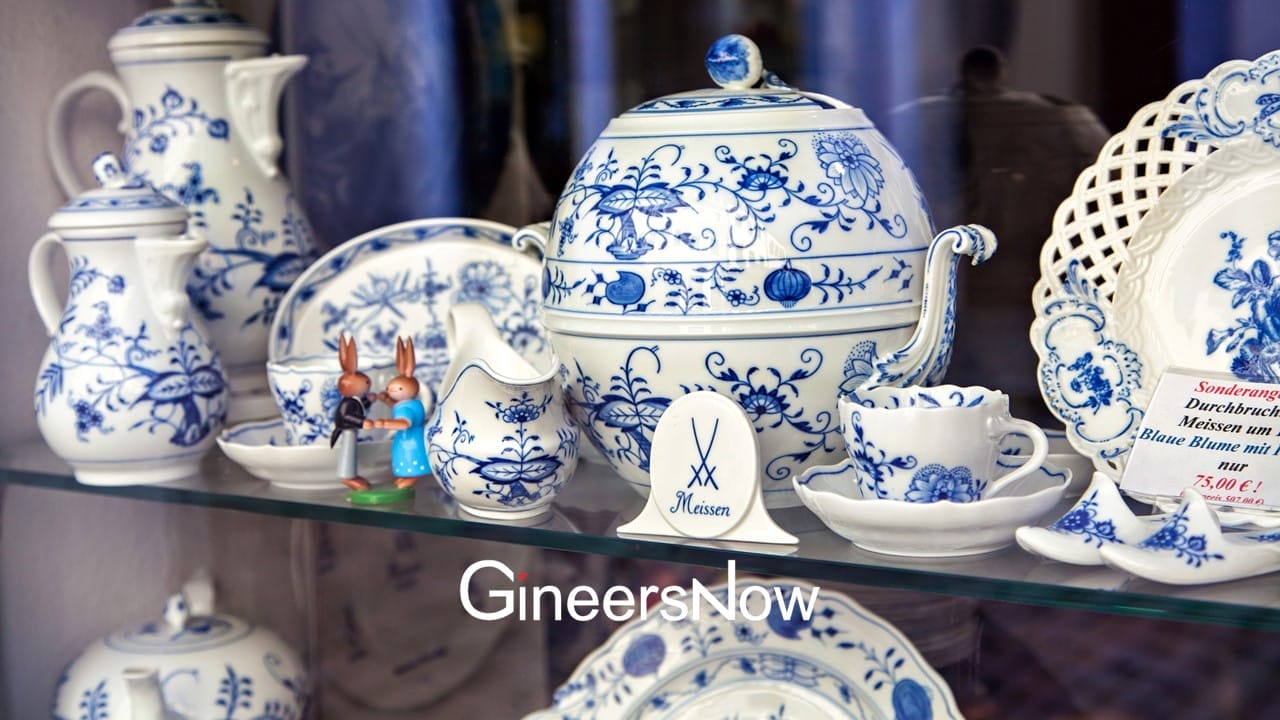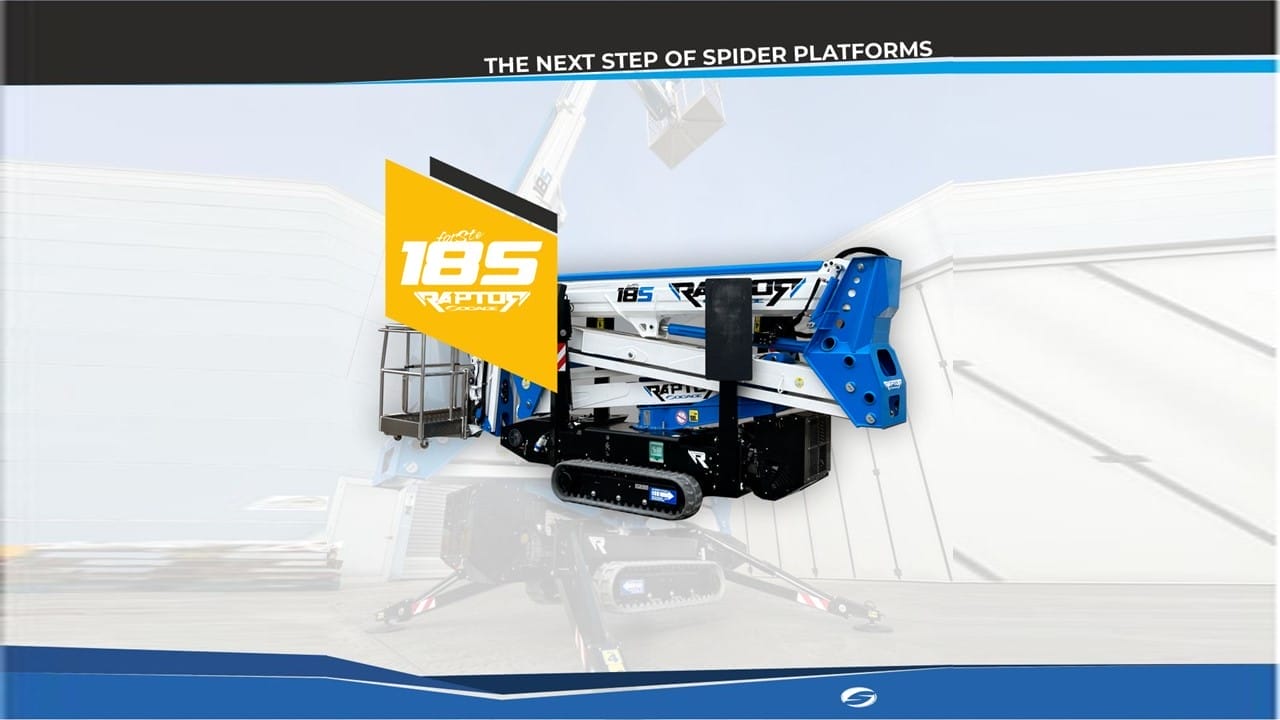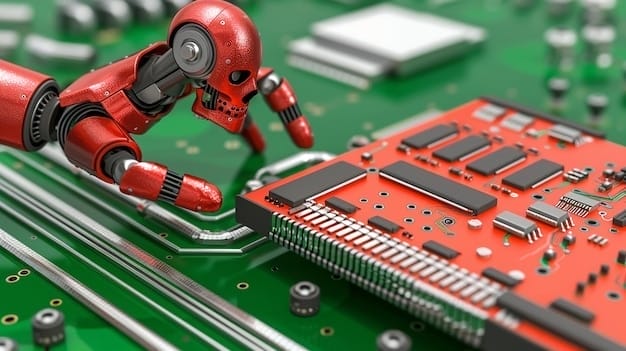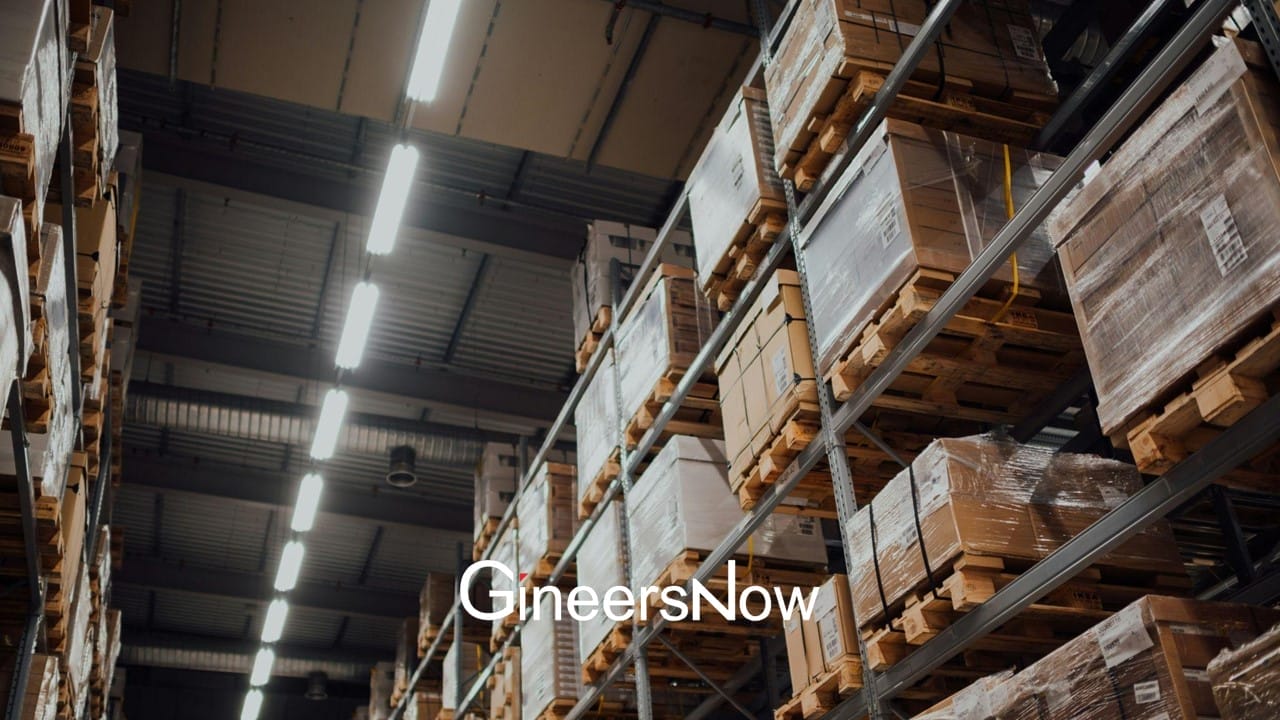Porcelain, once the prized secret of ancient Chinese artisans, has evolved far beyond its ornamental origins to become a backbone in various modern industries. Its unparalleled blend of beauty and resilience has seen its transition from the emperor’s courts to the cutting edge of technology and design, proving its worth across centuries.
That said, this guide will delve into the rich history of porcelain and its extensive applications in today’s world. It will highlight how this venerable material has seamlessly integrated into arenas as diverse as high-caliber art exhibitions, industrial production, medical technology, electrical engineering, and beyond.
Art And Design
- Artistic Expressions
Artists use porcelain as a canvas, manipulating its unique blend of delicacy and strength into intricate designs. Its smooth, translucent surface is perfect for painting, allowing for the creation of vivid artworks that retain their color and brilliance over time. In addition, the material’s versatility enables it to be sculpted into complex forms, from delicate figurines to large-scale installations, showcasing the artist’s skill and creativity.
To ensure the material meets these high standards of quality and durability, many artists and manufacturers rely on tile certification. This process verifies that the porcelain used can withstand the rigors of artistic manipulation while maintaining its aesthetic properties.
- Design Innovations
Porcelain tiles are a testament to the material’s adaptability in design. Advanced manufacturing techniques have enabled the production of tiles in a vast array of textures, colors, and patterns, including replicas of natural materials like hardwood and marble, without their inherent maintenance issues.
These tiles are not only aesthetically versatile but also functionally superior, being resistant to scratches, stains, and water—qualities that extend their use from residential to high-traffic commercial environments. Furthermore, the development of thin, lightweight porcelain panels has revolutionized facade design, offering new possibilities for exterior aesthetics while improving thermal efficiency.
Household Applications
- Daily Use And Utility
The non-porous nature of porcelain makes it an excellent choice for food-related items. It doesn’t absorb flavors or odors, ensuring that the food’s taste remains pure. This property, combined with its ease of cleaning, makes porcelain kitchenware highly sanitary. Porcelain’s heat resistance is a boon for culinary enthusiasts, allowing for versatile cookware that can transition from oven to table.
- Technological Advancements
Innovations in porcelain technology have ushered in a new era of high-tech home appliances that blend functionality with beauty. Porcelain-enamel coatings are used on various appliances for their durability and resistance to acidic and alkaline substances, ensuring longevity and aesthetic appeal.
Moreover, the evolution of porcelain in lighting fixtures, incorporating light-emitting diode (LED) technology with porcelain shades, offers energy-efficient lighting solutions that enhance any interior design.
Industrial Applications
- Manufacturing And Machinery
In industrial settings, porcelain components play a crucial role due to their resistance to wear and thermal shock. This makes them ideal for use in high-stress environments where durability and longevity are paramount. Porcelain’s hardness and resistance to chemical corrosion also make it suitable for protective coatings on metals, extending the life of machinery and reducing maintenance costs.
- Electrical Insulation
Porcelain’s superior insulating properties are critical in the electrical industry, especially in high-voltage applications. It prevents the flow of electric current, offering safety and reliability in electrical systems.
Porcelain insulators are used in power lines, substations, and transformers, contributing to the efficient transmission and distribution of electricity. The material’s ability to withstand environmental stressors, such as ultraviolet (UV) light and extreme temperatures, further underscores its value in electrical infrastructure.
Medical And Dental Applications
- Medical Devices And Instruments
The biocompatibility of porcelain is particularly beneficial in the medical field, where it’s used in a variety of implants and prosthetic devices. Porcelain coatings on metal implants can reduce wear and friction, enhance biocompatibility, and improve the aesthetic appearance of visible implants. This compatibility with human tissue makes porcelain an indispensable material in developing medical technologies.
- Dental Applications
Porcelain’s aesthetic qualities make it a preferred material for dental restorations. It can be matched to the natural color of teeth, providing a solution that is both functional and visually appealing. Porcelain crowns, veneers, and bridges offer a high degree of durability and resistance to staining, making them an excellent choice for long-term dental health and aesthetics.
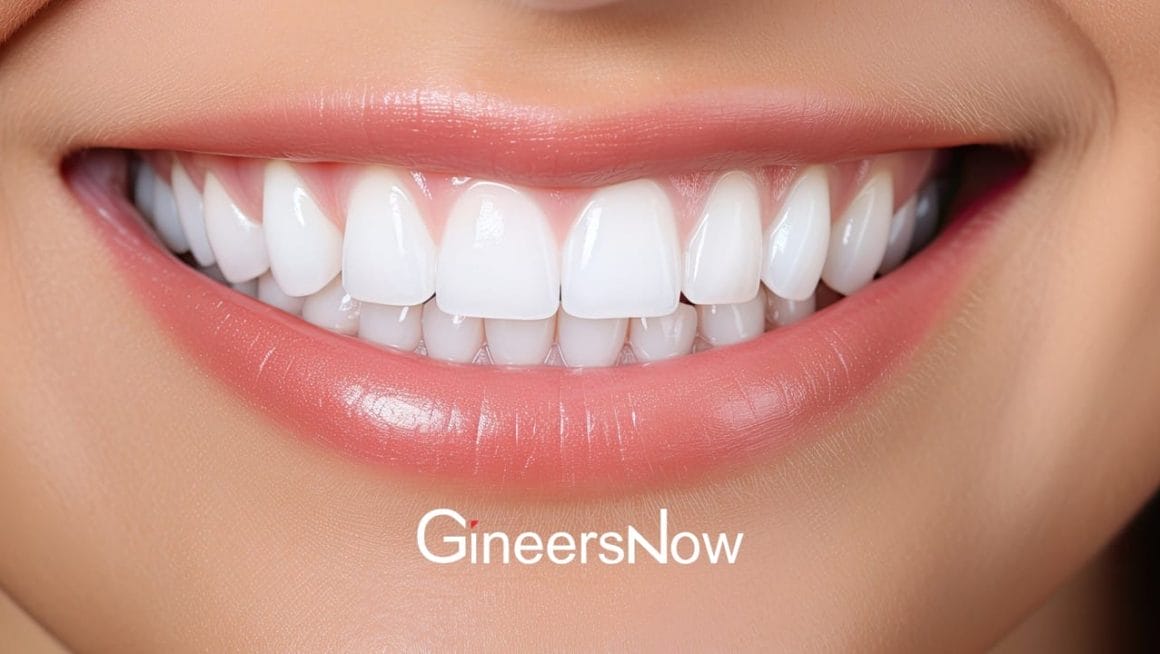
Environmental And Scientific Research
- Environmental Sustainability
The durability and recyclability of porcelain contribute to its environmental sustainability. Manufacturers can grind down porcelain products and reuse them in new porcelain items, reducing waste and conserving resources. Additionally, porcelain’s long lifespan reduces the need for frequent replacements, further minimizing its environmental impact.
- Scientific Innovations
In scientific research, porcelain’s resistance to chemicals and high temperatures makes it invaluable. It’s used in various laboratory equipment, including crucibles and dishes, for heating substances. These properties allow scientists to conduct experiments under extreme conditions without compromising the integrity of their tools, facilitating advancements in research and development.
Automotive Industry
- Thermal Insulation For Spark Plug Insulators
In the automotive sector, manufacturers harness porcelain’s thermal insulation properties in spark plug insulators. These components, crucial for the efficient operation of internal combustion engines, benefit from porcelain’s ability to withstand extreme heat and pressure. This ensures reliable engine performance under diverse environmental conditions, contributing to the overall durability and efficiency of automotive engines.
- Aesthetic Qualities In Luxury Car Interiors
Luxury car interior designers leverage porcelain’s aesthetic qualities, preferring its durable, high-gloss surfaces for their elegance and longevity. The material’s resistance to wear and ease of maintenance make it an ideal choice for enhancing the luxury appeal of vehicle interiors.
Porcelain surfaces in luxury cars not only elevate the design but also ensure that the interiors maintain their pristine condition over time, adding significant value to the high-end automotive experience.
Conclusion
Porcelain, with its rich heritage and a broad spectrum of applications, remains a testament to human ingenuity, proving that even the most traditional materials can find critical roles in the advancement of modern technology and industry.


